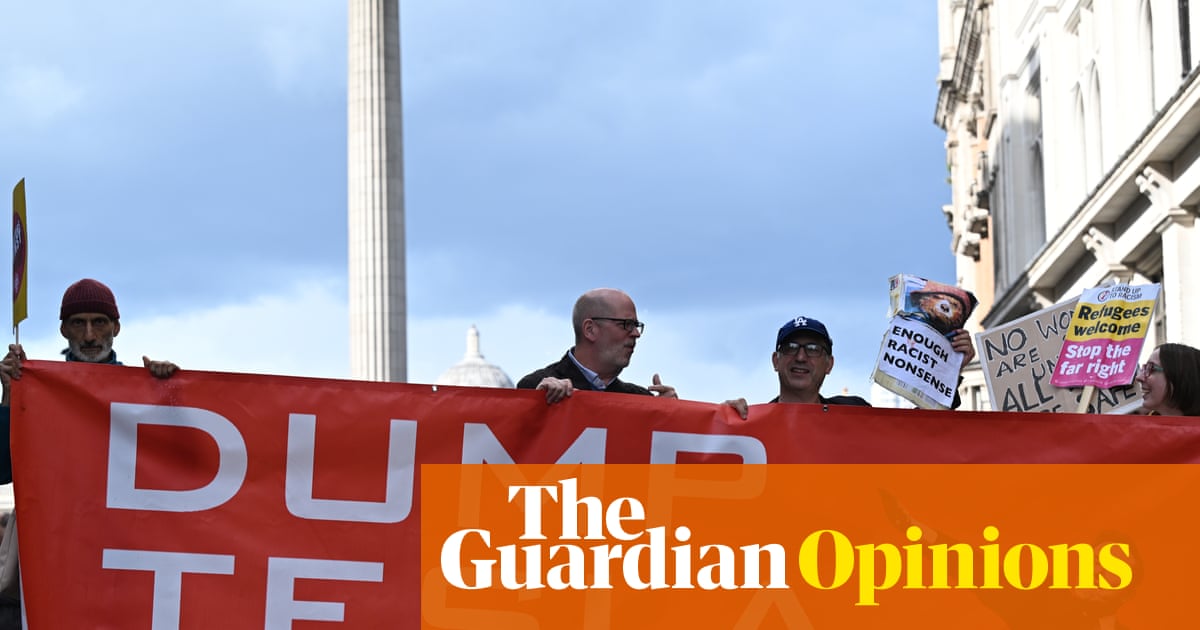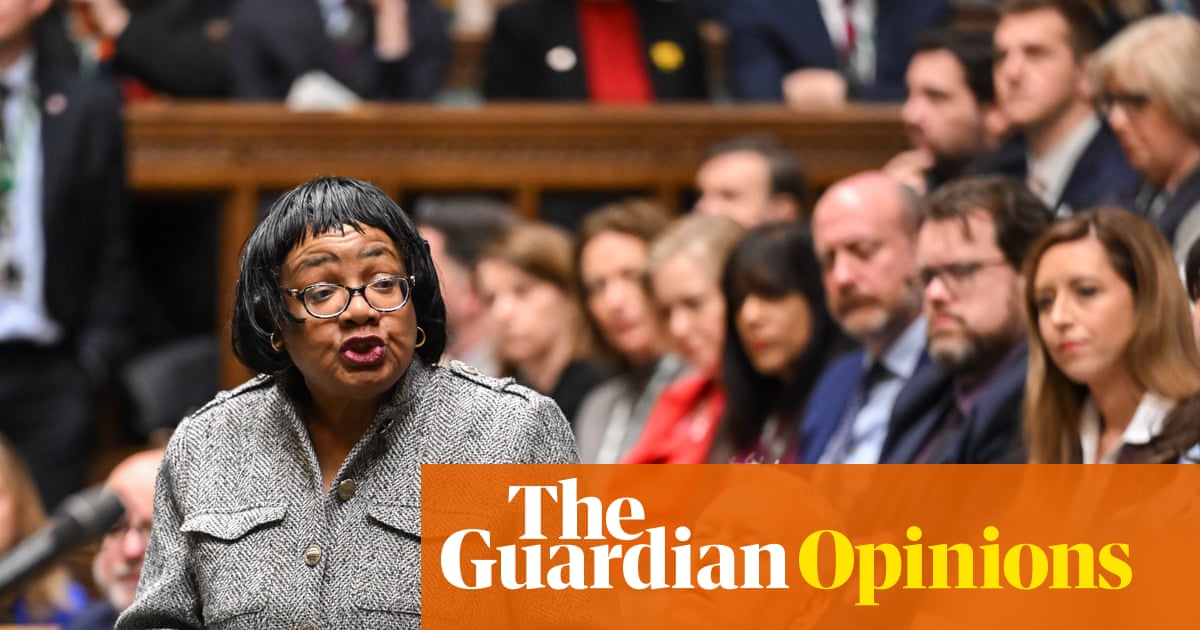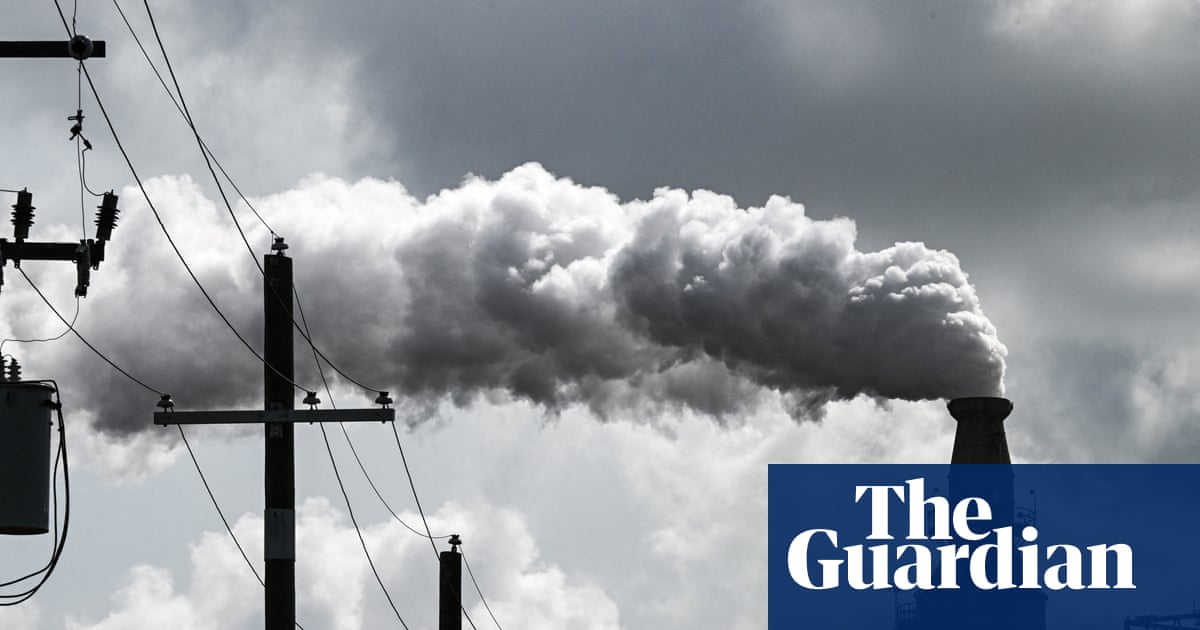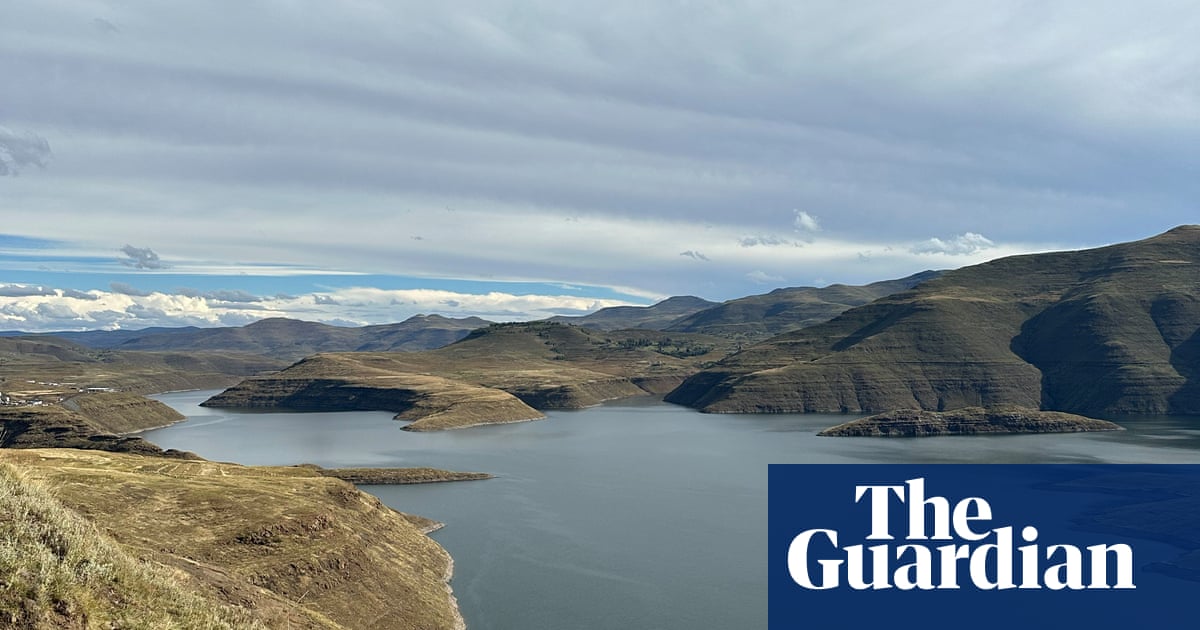The UK is moving jets and other military assets to the Middle East, Keir Starmer has said, refusing to rule out defending Israel from Iranian strikes despite Tehran’s threat that such an action could see British bases in the region also targeted.
Speaking to reporters on the plane to the G7 summit, Starmer reiterated his call for de-escalation, saying he had held a series of calls with other world leaders in the hours after Israel’s attack on Iran, including the Israeli prime minister, Benjamin Netanyahu, and Donald Trump.
“I will always make the right decisions for the UK,” he said, when asked about his reaction to Iran’s threats against the bases of any western nations that came to Israel’s aid. “We are moving assets to the region, including jets, and that is for contingency support in the region.”
Downing Street said it would involve additional fast jets joining those already in the region, and more refuelling aircraft to “provide contingency support throughout the Middle East, should escalation continue”. Preparation began on Friday morning, following Israel’s attack on Iran’s nuclear programme and its top military leadership.
Asked whether the UK could be involved in helping Israel deflect retaliatory drone and missile strikes from Iran – which Tehran has said would make UK bases in the Middle East a target – the prime minister declined to say.
“These are obviously operational decisions and the situation is ongoing and developing and therefore I’m not going to get into the precise details,” he said. “But we are moving assets, we’ve already been moving assets to the region, including jets, and that is for contingency support across the region. So that is happening.”
It is understood that, so far, the UK has not participated in any military action and has not helped to knock out Iranian missiles targeted at Israel.
Before leaving London, Starmer talked with the Saudi crown prince, Mohammed bin Salman, Downing Street said, with both leaders stressing the need for calm.
On the plane, Starmer said this had followed calls with President Emmanuel Macron of France, the German chancellor, Friedrich Merz, Netanyahu, and the US president.
“I suspect that when we get to the G7 there will be many other exchanges of views on an intense basis,” he went on. “We do have longstanding concerns about the nuclear programme that Iran has, and we do recognise Israel’s right to self-defence. But I am absolutely clear that this needs to de-escalate. There’s a huge risk to escalation for the region and more widely, in terms of conflict. We have seen the impact already on the economy and oil prices.”
Starmer also noted the conversation on Saturday between David Lammy, the UK foreign secretary, and his Iranian counterpart, Abbas Araghchi, in which Lammy urged calm.
“We’re having ongoing discussions with our allies all of the time, both myself and David Lammy, as you’ve seen, who also spoke to the Iranians,” Starmer said. “Our constant message is de-escalate, and therefore everything we’re doing, all discussions we’re having are to do with de-escalation.”
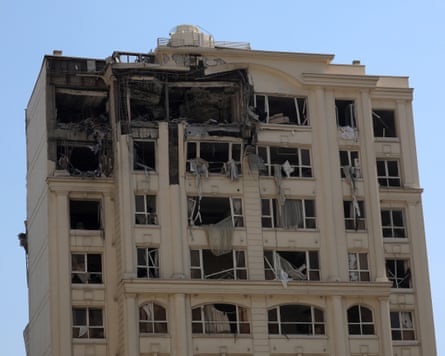
No 10 has not yet set out if the UK was formally warned in advance of Israel’s strike. Asked about this, Starmer refused to say, while indicating there had been some prior knowledge.
“I’m not going to go into what information we had at the time or since,” he said. “But we discuss these things intensely with our allies. But I’m not going to get into precisely what we knew, because it’s a constant flow of information between our allies, and between us and the US.”
Starmer is flying first to Ottawa for bilateral talks with the Canadian prime minister, Mark Carney, before going on to the G7 venue in Kananaskis, in the western state of Alberta.
Experts have warned that Iran’s threat to retaliate against the UK and its allies should be “taken seriously”, with Tehran countenancing actions that were “previously unthinkable”.
Burcu Ozcelik, a senior research fellow for Middle East security at the Royal United Services Institute, said the Iranian regime was in “survival mode” and wanted to shake off claims that it is a “paper tiger”.
Ozcelik said that the prospect of Iran targeting UK, US and French assets would depend on its assessment of whether a diplomatic escape in the form of nuclear talks with the US is dead, and whether it believes it can absorb retaliation from western powers.
“Iran’s options are limited but, feeling encircled, Tehran may assess it has no choice but to take risks that were previously unthinkable,” Ozcelik said. “This is why continued calls for de-escalation by the UK government matter. But diplomacy cannot come at the expense of preparedness; London will almost certainly pair its messaging with elevated military readiness, anticipating that Iran – under pressure and with fewer off-ramps – may resort to escalation either by design or miscalculation.”
Marion Messmer, a senior research fellow in Chatham House’s international security programme, said the threats appeared to be “a pre-emptive warning” to the US, UK and France.
“While Iran is unlikely to want to risk a broader escalation, the warning should be taken seriously,” she said. “Though Israel is an ally of the UK, France and US, it is the stronger party in this conflict. There doesn’t appear to be any immediate need of military support for Israel and a further escalation of the conflict isn’t in anyone’s interest.”

.png) 3 months ago
34
3 months ago
34






